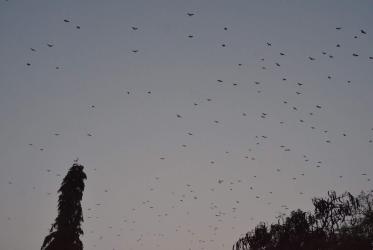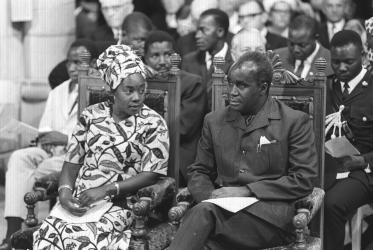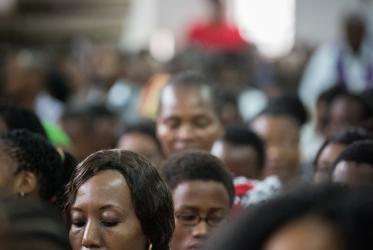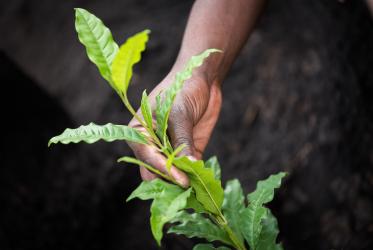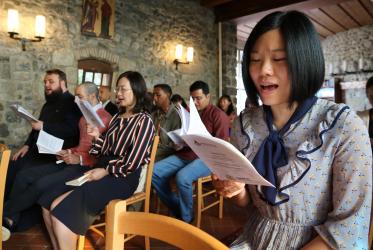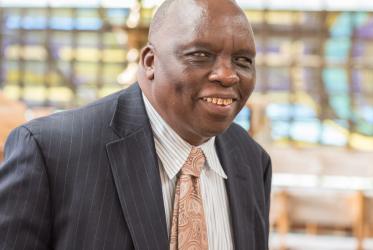Displaying 1 - 20 of 28
In a COVID-stricken world, “everyone is important”
23 October 2020
WCC appeals to UN: human rights must be upheld in Cameroon
09 September 2020
Inclusion reaches new level at Zimbabwe Council of Churches assembly
03 September 2020
Thursdays in Black: sharing support, transforming lives
21 February 2019
New students welcomed at WCC Bossey Ecumenical Institute
13 September 2018
#WCC70: Churches as “freedom agents”
12 February 2018
Sam Kabue: from the village to the world with eyes wide open
27 October 2016
Religion: Way of war or path to peace?
30 June 2016
Placing family in the HIV response vanguard
10 December 2015
